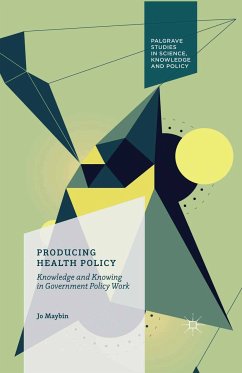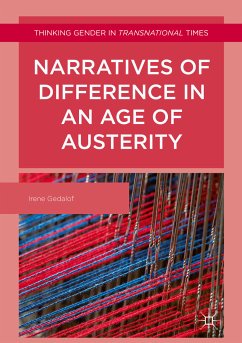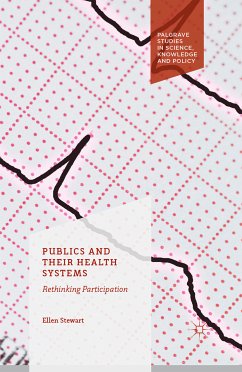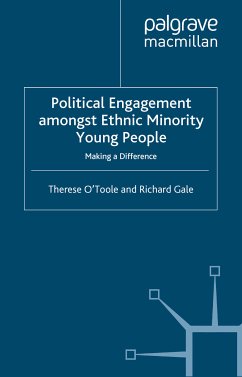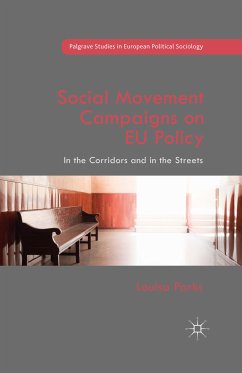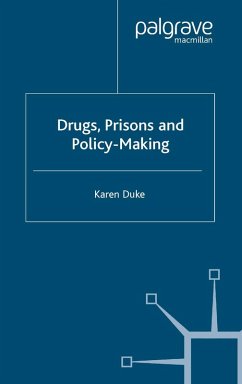In this book Jo Maybin draws on rare access to the inner-workings of England's Department of Health to explore what kinds of knowledge civil servants use when developing policy, how they use it and why. Combining ethnographic data with insights from psychology, socio-linguistics, sociology and philosophy, she demonstrates how civil servants engage in a wide range of knowledge practices in the course of their daily work. These include sharing personal anecdotes, thrashing-out ideas in meetings and creating simplified representations of phenomena, as well as conducting cost-benefit analyses and commissioning academic research. Maybin analyzes the different functions that these various practices serve, from developing personal understandings of issues, to making complex social problems 'thinkable', and meeting the ever-present need to make policies 'happen'. In doing so, she develops an original theory of policy-making as the work of building connections between a policy in developmentand powerful ideas, people, and instruments, and reveals the 'policy know-how' required by civil servants to be effective in their jobs.
Dieser Download kann aus rechtlichen Gründen nur mit Rechnungsadresse in A, B, BG, CY, CZ, D, DK, EW, E, FIN, F, GR, HR, H, IRL, I, LT, L, LR, M, NL, PL, P, R, S, SLO, SK ausgeliefert werden.

